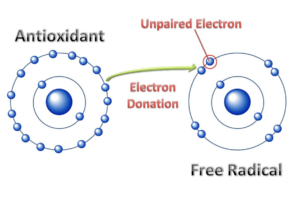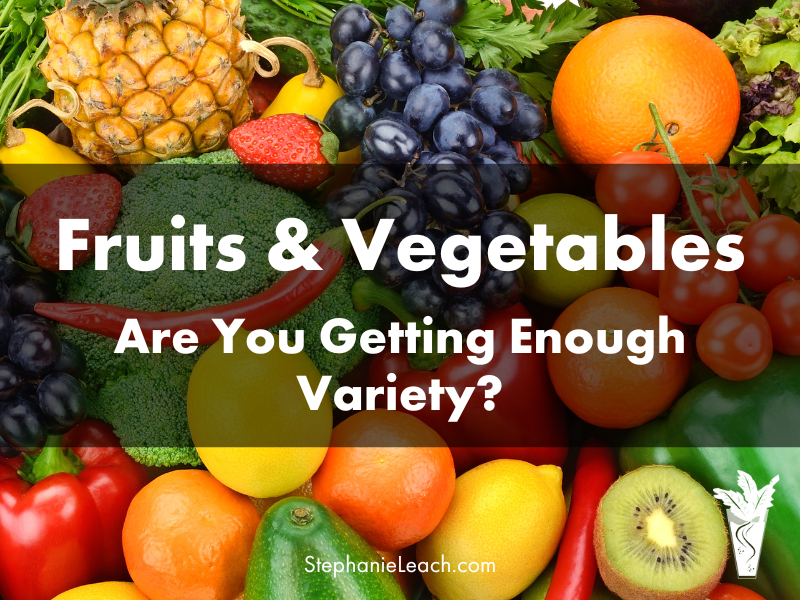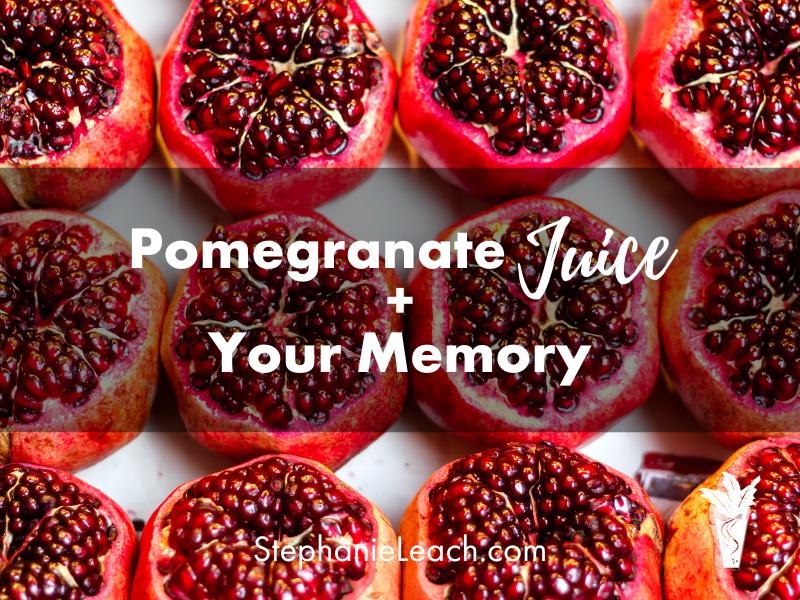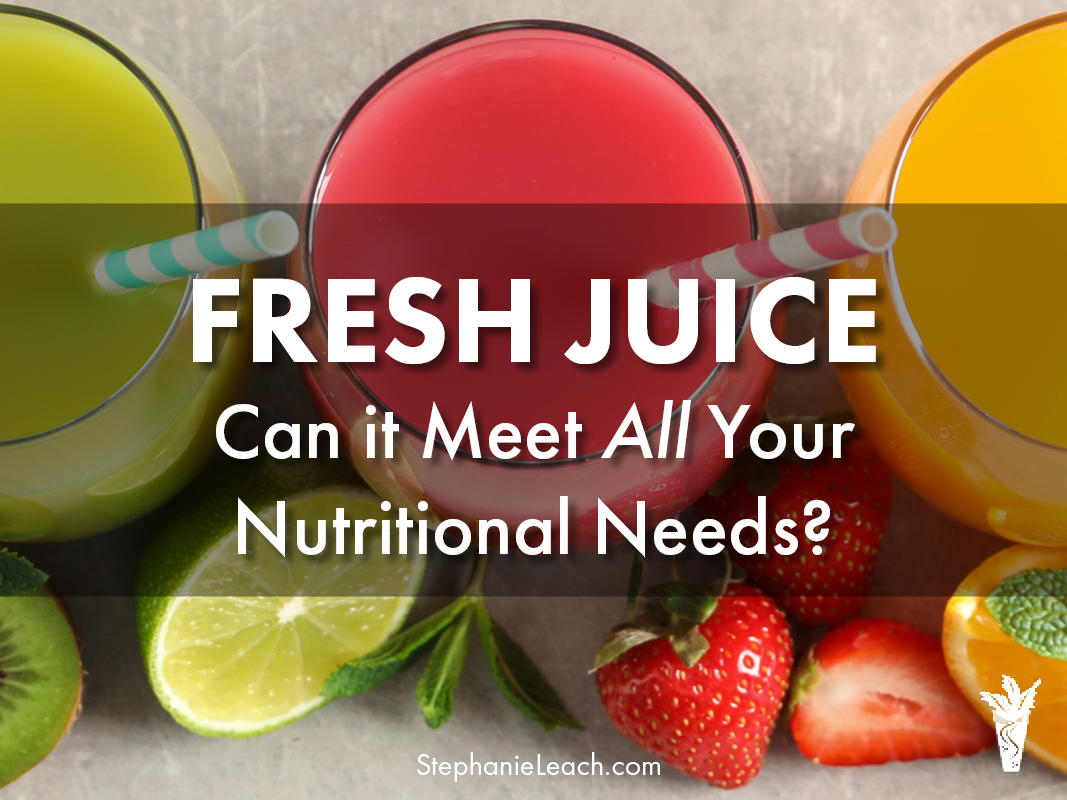Why is kale and kale juice so popular? Should you be juicing with kale for the benefits?
In this video and blog post I’m going to share with you the many, many health benefits of kale and kale juice. I’ll also share some cautions so that you’ll know if YOU should be juicing kale.
(Watch the video or scroll down to continue reading.)
Kale is exceptionally nutrient rich in vitamins K, C, A, B6, folate, manganese, fiber and the carotenoids lutein and xeazanthin. It ranks at the top of many food scoring systems, and it holds the #1 place on Dr. Joel Fuhrman’s Nutrient IQ Scores ranked list of nutrient-rich foods.
Kale is especially rich in antioxidants, anti-inflammatory nutrients and anti-cancer nutrients.
Antioxidants in Kale
Antioxidants defend our bodies from the cell damage caused by unstable free radicals. Excess free radicals damage DNA and contribute to the progression of heart disease, cancer, type 2 diabetes and Alzheimer’s.
Juicing with Kale for Eye Health
Lutein is an important antioxidant that protects our eyes from light and oxygen damage. Dietary lutein and zeaxanthin are taken up into the macula of the eye, where they absorb up to 90% of blue light and help maintain optimal vision.
According to the USDA’s National Nutrient Database, kale is the top lutein-containing food out of 5,350 foods.
According to the American Optometric Association,
“Consuming foods high in lutein, like kale and spinach, can help protect against many eye diseases, including Age Related Macular Degeneration and cataracts.”
And in a study on African-American women, increased kale consumption was associated with reduced risk of glaucoma.
Anti-Cancer Kale
Kale is a cruciferous vegetable known for their anti-cancer nutrients.
Oxidative stress and chronic inflammation are risk factors for cancer. Kale has a wide range of antioxidants that have led researchers to study its effects on many kinds of cancer, including bladder, breast, colon, ovarian, and prostate cancer. These studies show cancer preventive benefits, and in some cases helped treat the cancer.
Kale is a top source of at least 4 anti-cancer sulfur-containing compounds called glucosinolates. Your body converts glucosinolates into anti-cancer compounds called isothiocyanates, or ITCs. Recent studies show that ITCs exhibit anti-tumor activity by affecting multiple pathways including slowing the growth of tumor cells, stopping the cancer cell cycle and encouraging apoptosis, or cell death.
These ITCs also help regulate cellular detoxification, which is a two-step process. Kale supports both Phase I and Phase II detoxification, so it can give your body the helping hand it might need get rid of toxins accumulated over the years from the environment and food.
According to the American Institute for Cancer Research,
“Kale offers all of the benefits of dark green leafy vegetables along with health-protective compounds of cruciferous vegetables – eat regularly.”
Cooking kale destroys this anti-cancer benefit, so juicing kale or eating it raw is ideal. If you are going to cook it, lightly steaming it for less than 5 minutes will preserve some of the myrosinase and allow for some ITC conversion.
Kale Juice for Heart Health
Kale’s concentration of antioxidants and anti-inflammatory nutrients also provide cardiovascular health benefits, countering the chronic inflammation and chronic oxidative stress that can lead to plaque formation in your arteries. Both eating kale and kale juice has been shown to lower LDL cholesterol and raise HDL cholesterol, improving the cholesterol ratio.
In a 12-week study on 32 men with high cholesterol over 200 mg/dL, who drank 5 ounces of kale juice a day, lowered their LDL cholesterol by 10% and their atherogenic index by 24.2%. Their good HDL cholesterol increased by 27% and their HDL to LDL ratio increased by 52%.
The study authors concluded:
“Regular meals supplementation with kale juice can favorably influence serum lipid profiles and antioxidant systems, and hence contribute to reduce the risks of coronary artery disease in male subjects with hyperlipidemia.”
Anti-Inflammatory & Vitamin K
Kale is a good source of anti-inflammatory omega-3s, in the form of ALA, and the top plant-food source of vitamin K. Vitamin K is important for bone health and blood calcium regulation, and it’s also an anti-coagulant. While this is a good thing for most of us, if you are on a blood thinner like Coumadin, you’ll want to work with your doctor to adjust your medication to match your daily vitamin K intake from dark leafy greens like kale so that your blood doesn’t become too thin.
Kale for Brain Health
Vitamin K, lutein, nitrate and kaempferol (all found in kale) are also important for brain health. In a prospective study that followed 960 seniors for almost 5 years, researchers found that those who ate about one-and-a-half servings of green leafy vegetables high in these nutrients per day had the cognitive functioning of people roughly eleven years younger than those who ate little or no leafy greens.
Kale and Kale Juice Is #1!
Kale is one of the most nutrient dense foods on this earth and I encourage you to eat it or juice it often. I add it to many of my juice blends. You can download my free Tasty Green Juice Recipes, most of which include kale.
I also eat kale whole. I love a massaged kale salad, with avocado and mango – so good! And my husband and I often eat kale steamed along with sautéed mushrooms.









Leave A Comment